Trends. In the therapy setting, I often see particular themes in the lives of my clients and in my own personal journey.
Today, I thought I would address one trend I am seeing a lot of lately. Loneliness.
Loneliness defined:
sadness because one has no friends or company. (This is harsh right???)
the quality of being unfrequented and remote; isolation.
Loneliness sounds like:
"People are not interested in me"
"I don't want to be a burden to others"
"Sometimes it is easier to just stay home"
"I am too much...or not enough"
Loneliness feels like:
Lost with no direction...feeling there is no way out
Numbness, lacking control
Nothingness
We all experience loneliness in our lives. Some experience it for longer periods/more frequently than others. Loneliness happens often because we have moved, a relationship has ended, during travel, or when we miss home. Those situations are a normal part of life and we often don't have much control over them.
However, there is a second kind of loneliness. This form is often more difficult and happens when we feel a deep seeded sense something is wrong with us, we don't fit, and feel hopeless in the ability to create real connection. No circumstance causes this, it is more a place we find ourselves in. Even if we did connect, we feel that quickly people would see through us and find beneath the surface a person not worth knowing.
This loneliness tells us it is easier to stay home and watch Netflix than to connect. It leaves us feeling like every call/invite we receive is not a genuine invite or comes from a place of others feeling bad for us or obligated to invite us. Why would others want us around? Why would anyone care how I am doing?
It reminds me of a Donald Miller Quote from Blue Like Jazz where he says: "I have always been afraid those who know me a little will like me a lot, but those who know me a lot will like me a little". Loneliness can leave us feeling like friends can and most likely will leave at any moment. If failure is inevitable, we feel hopeless in even trying...we quit seeking connection before we even give it a shot. We eliminate ourselves before the game has even started.
Failing by not trying is easier than failing when we put in effort and are left rejected. Fear of rejection may be the single biggest driver of loneliness. We fear, so we try to protect ourselves. An easy way to do that is to isolate. We can't get hurt when we isolate.
But we can get lonely.
I have many more thoughts on this I will share over the next few weeks. For now, I would love to hear your thoughts on loneliness, its causation, its escalation, or simply what it feels like. Hope to hear from you...until next time.
As always, you can find me here:
Restoration Therapy Nashville - 909 18th Ave South, Nashville, TN
Restoration Therapy Brentwood - 9001 Overlook Blvd, Brentwood, TN
Mobile: (615) 428-5513 - Dave
Miller, D. (2007). Blue like jazz. Logia.





